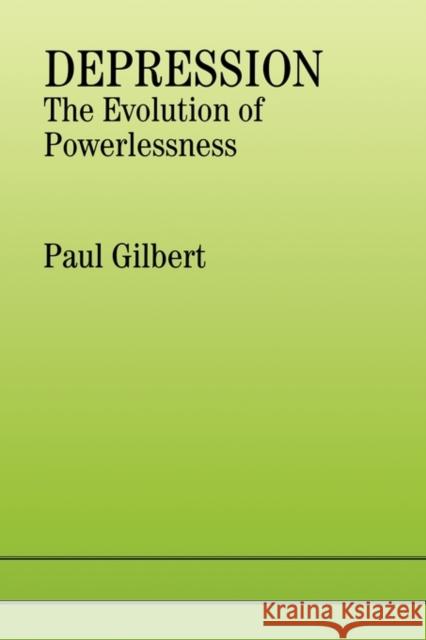Depression: The Evolution of Powerlessness » książka
topmenu
Depression: The Evolution of Powerlessness
ISBN-13: 9780863772214 / Angielski / Miękka / 1992 / 576 str.
Depression: The Evolution of Powerlessness
ISBN-13: 9780863772214 / Angielski / Miękka / 1992 / 576 str.
cena 185,30
(netto: 176,48 VAT: 5%)
Najniższa cena z 30 dni: 174,11
(netto: 176,48 VAT: 5%)
Najniższa cena z 30 dni: 174,11
Termin realizacji zamówienia:
ok. 16-18 dni roboczych.
ok. 16-18 dni roboczych.
Darmowa dostawa!
First published in 1992. Routledge is an imprint of Taylor & Francis, an informa company.











